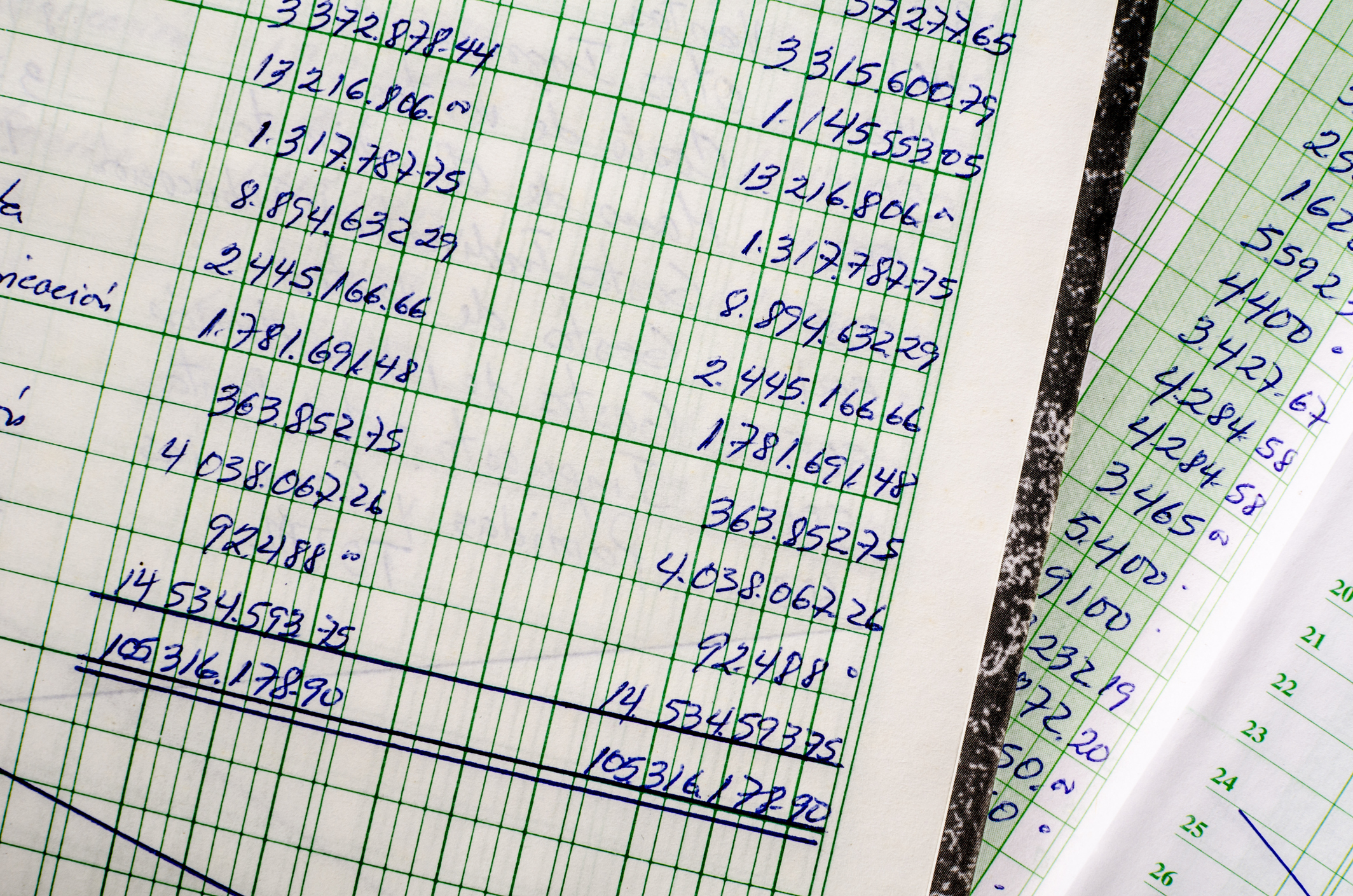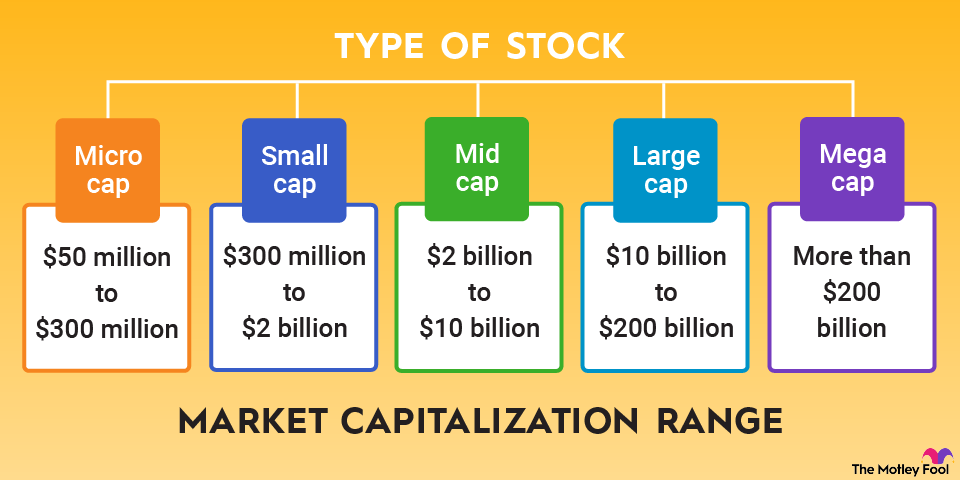Conversely, companies -- often small caps that need the cash -- may sell stock to fund growth, pay debt, or just keep the lights on. When this happens, it reduces -- dilutes -- how much of the company each share is worth. For example, if a company with 10 million shares issues and sells 1 million new shares, 10% of your former equity now belongs to the new shareholders. The key here is to consider a company's history of share buybacks and dilution.
Most investors find that having a diversified portfolio that includes stocks of various market caps is best. It lets you tailor for the desired return and risk levels that meet your goals. If you want your portfolio to be more stable, you'll want a bigger allocation of large-cap stocks. If your primary goal is to increase your portfolio's size as much possible over many years, you'll likely want to own more small- and mid-cap stocks.



















